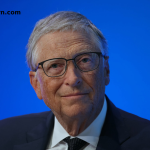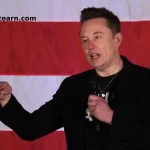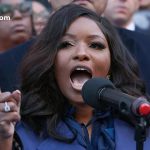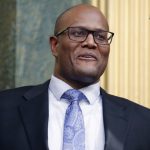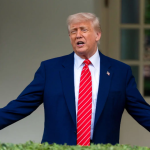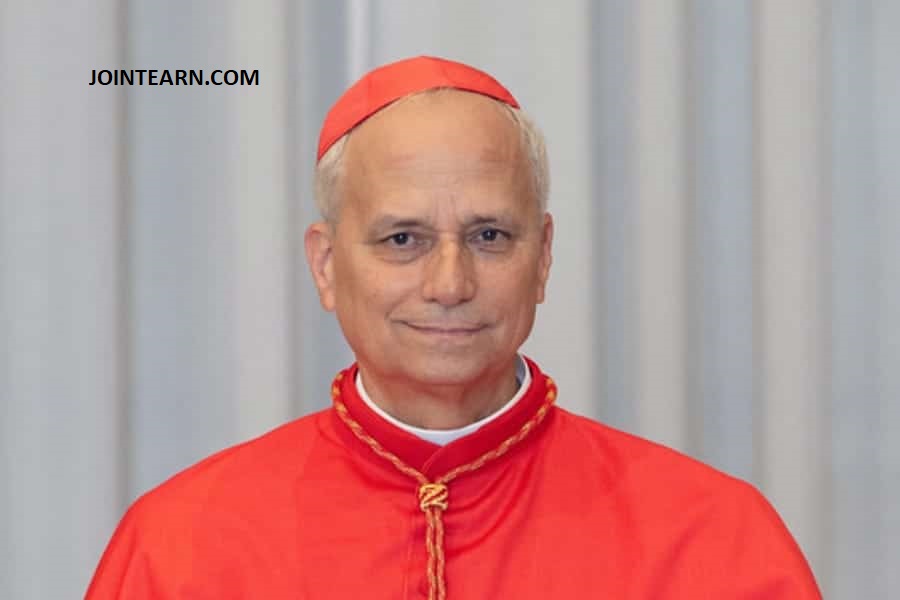In an unprecedented turn of events, history was made in Vatican City today as the Roman Catholic Church announced the election of the first-ever pope from the United States of America. This monumental decision marks a significant milestone in the centuries-old institution, reflecting both the global reach of the Church and evolving dynamics within its leadership.
The new pontiff, Cardinal Michael Jude Harper of Chicago, was chosen following a conclave that lasted just under three days. At 65 years old, Pope Michael I—as he will now be known—becomes the 267th pope of the Roman Catholic Church. His election was confirmed with the traditional white smoke billowing from the Sistine Chapel chimney, drawing cheers and gasps of surprise from thousands gathered in St. Peter’s Square and millions more watching around the world.
Cardinal Harper succeeds Pope Francis, who announced his resignation due to health concerns earlier this year. Pope Francis, originally from Argentina, was the first pope from the Americas, and now, with this latest election, the Church has taken another groundbreaking step by appointing a pontiff from the United States.
Pope Michael I emerged as a strong candidate during the closed-door conclave, reportedly garnering significant support early in the voting process. Sources within the Vatican describe him as a moderate yet deeply spiritual figure, known for his inclusive approach to Church teachings, strong theological background, and commitment to social justice.
Born in 1959 in New Orleans and raised in Chicago, the new pope has served in various leadership positions within the Church, most recently as the Archbishop of Chicago. He holds degrees in theology and philosophy and is fluent in English, Spanish, and Italian. His pastoral work in diverse American communities, particularly among immigrants and marginalized populations, earned him wide admiration among clergy and laity alike.
In his first address from the balcony of St. Peter’s Basilica, Pope Michael I expressed both humility and hope. “Brothers and sisters, I stand before you not as one greater, but as a servant,” he said. “Let us walk together in faith, hope, and love. The Church must be a home for all—young and old, rich and poor, hopeful and hurting. We must open our hearts to healing and renewal.”
The crowd responded with thunderous applause, many waving American flags and banners welcoming the new pope. The atmosphere in the square was electric, with pilgrims chanting, “Viva il Papa!” and “USA!”
Many observers see Pope Michael I’s election as a reflection of the Catholic Church’s shifting demographics and the growing influence of the Global North and West within the faith community. With millions of Catholics in the United States, many of whom have been active in Church renewal and outreach, the election of an American pope may also symbolize the Vatican’s recognition of the region’s vibrant contribution to the Church’s mission.
Reactions poured in from religious and political leaders across the globe. U.S. President expressed joy at the news, calling it a “historic and joyous moment for American Catholics and the world at large.” Prominent American cardinals and bishops echoed the sentiment, celebrating the Church’s embrace of a leader who has lived much of his life immersed in the complexities of a diverse, multicultural society.
Church analysts suggest that Pope Michael I’s leadership will likely focus on unity, modernization, and outreach. He is known for his views on increasing lay participation in Church affairs, supporting environmental sustainability, and addressing the challenges facing youth and families in modern society. While holding firm to the doctrinal core of the Church, he has also expressed openness to dialogue on issues that have caused divisions within the Catholic community.
“He’s not a radical, but he listens,” noted Sister Mary Frances, a Catholic theologian. “He sees the Church as a living body—one that must breathe with the times without losing its soul.”
As the world’s 1.3 billion Catholics await the direction Pope Michael I will take, one thing is certain: the election of an American pope has sparked renewed interest, enthusiasm, and speculation. From the streets of Rome to parishes in New York, Lagos, and Manila, Catholics are watching this new chapter with hope and anticipation.
The pope is expected to celebrate his first official Mass at St. Peter’s Basilica this weekend, after which he will begin consultations with Vatican officials and representatives from global dioceses. Early indicators suggest that he may prioritize issues such as clergy reform, the role of women in the Church, and building bridges with other faiths and non-believers.
Whether seen as a symbolic move or a practical one, the choice of Pope Michael I signals a new era for the Church—one rooted in tradition yet reaching toward an inclusive future. As he embarks on his papal journey, Catholics worldwide will look to him not just for spiritual guidance but for leadership in a rapidly changing world.
History has indeed been made, and the world will now witness how the first American pope shapes the next phase of the Roman Catholic Church.

